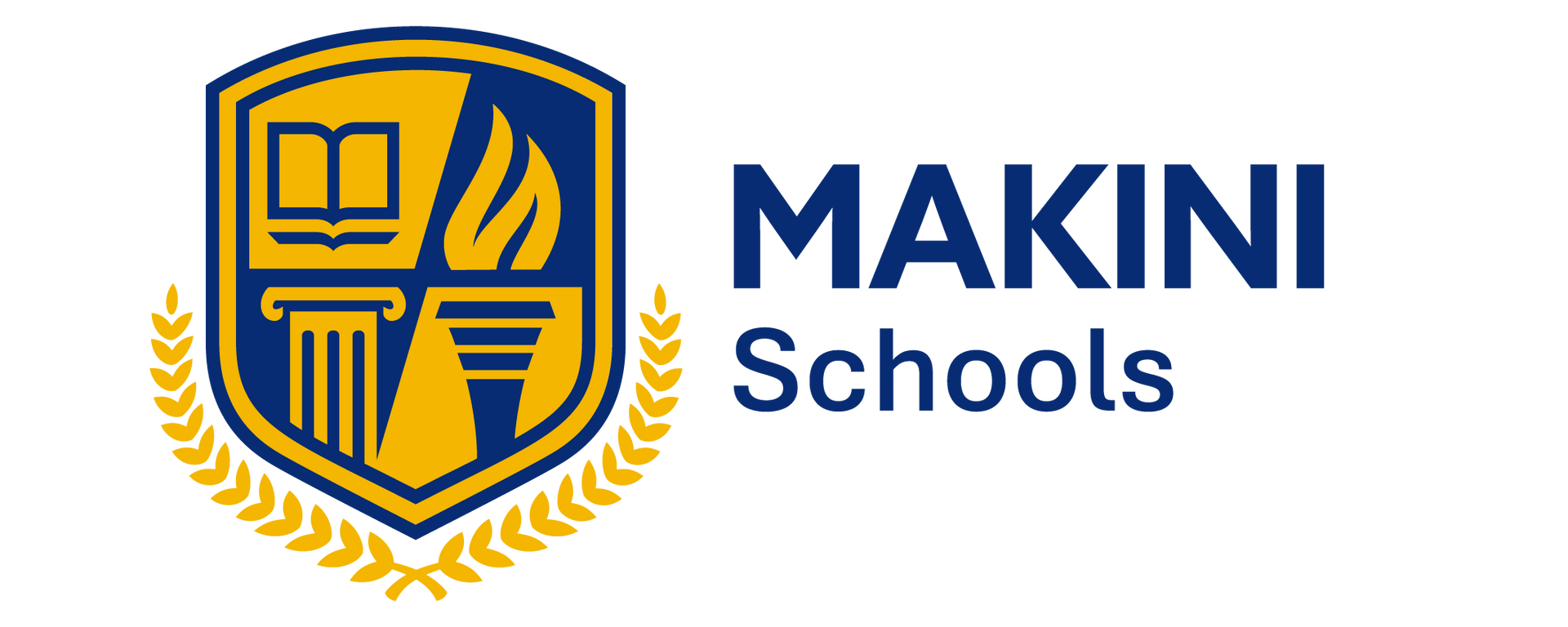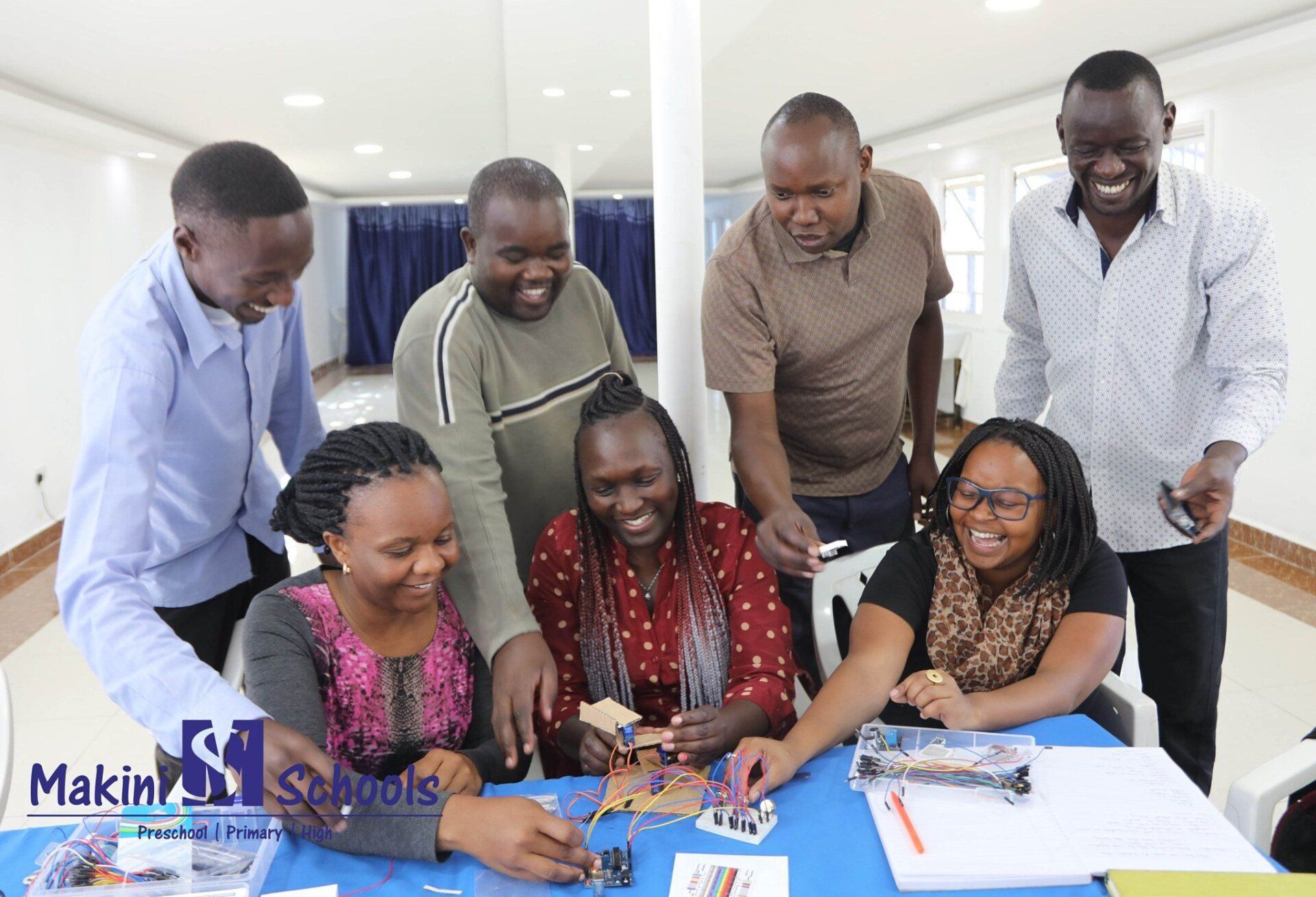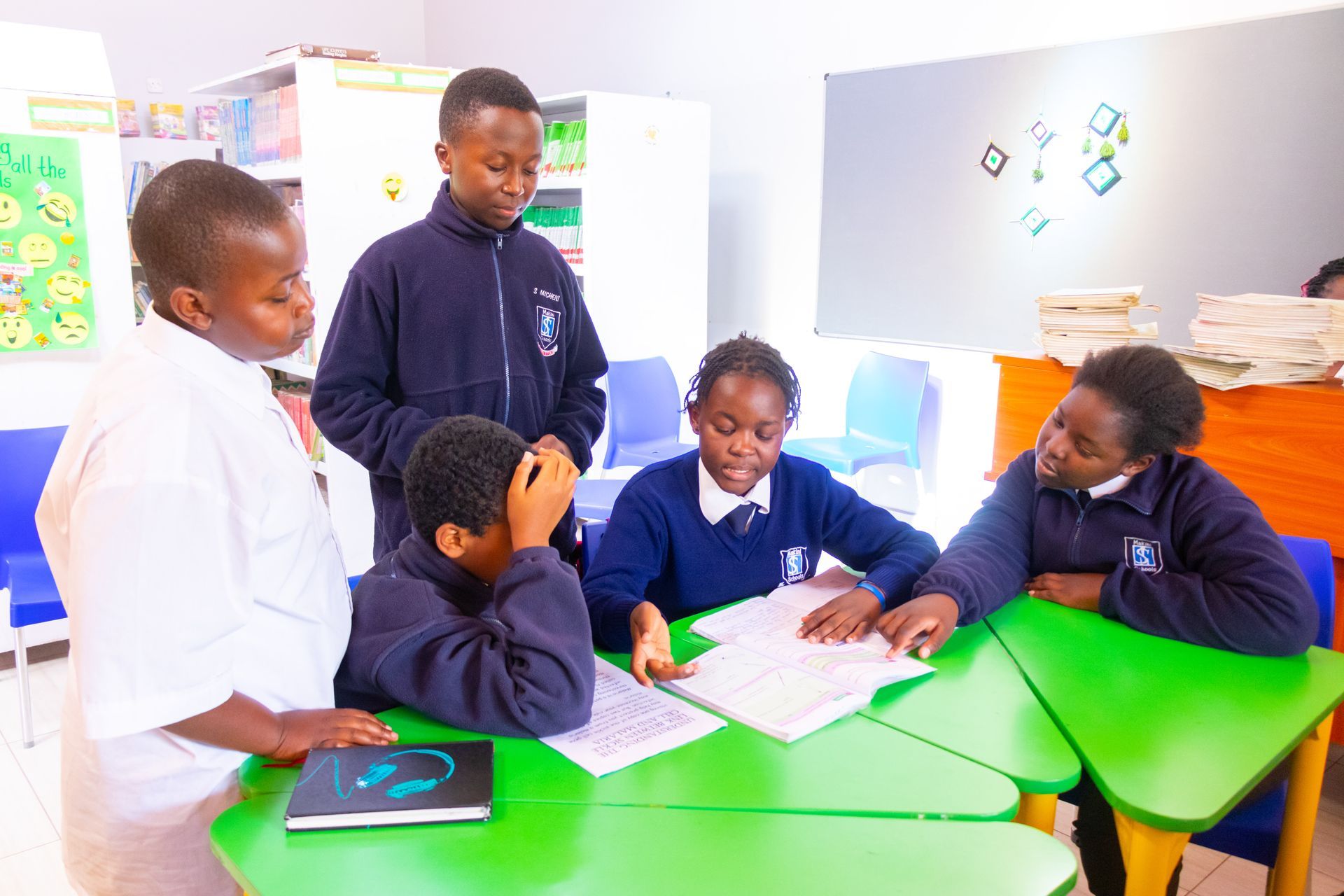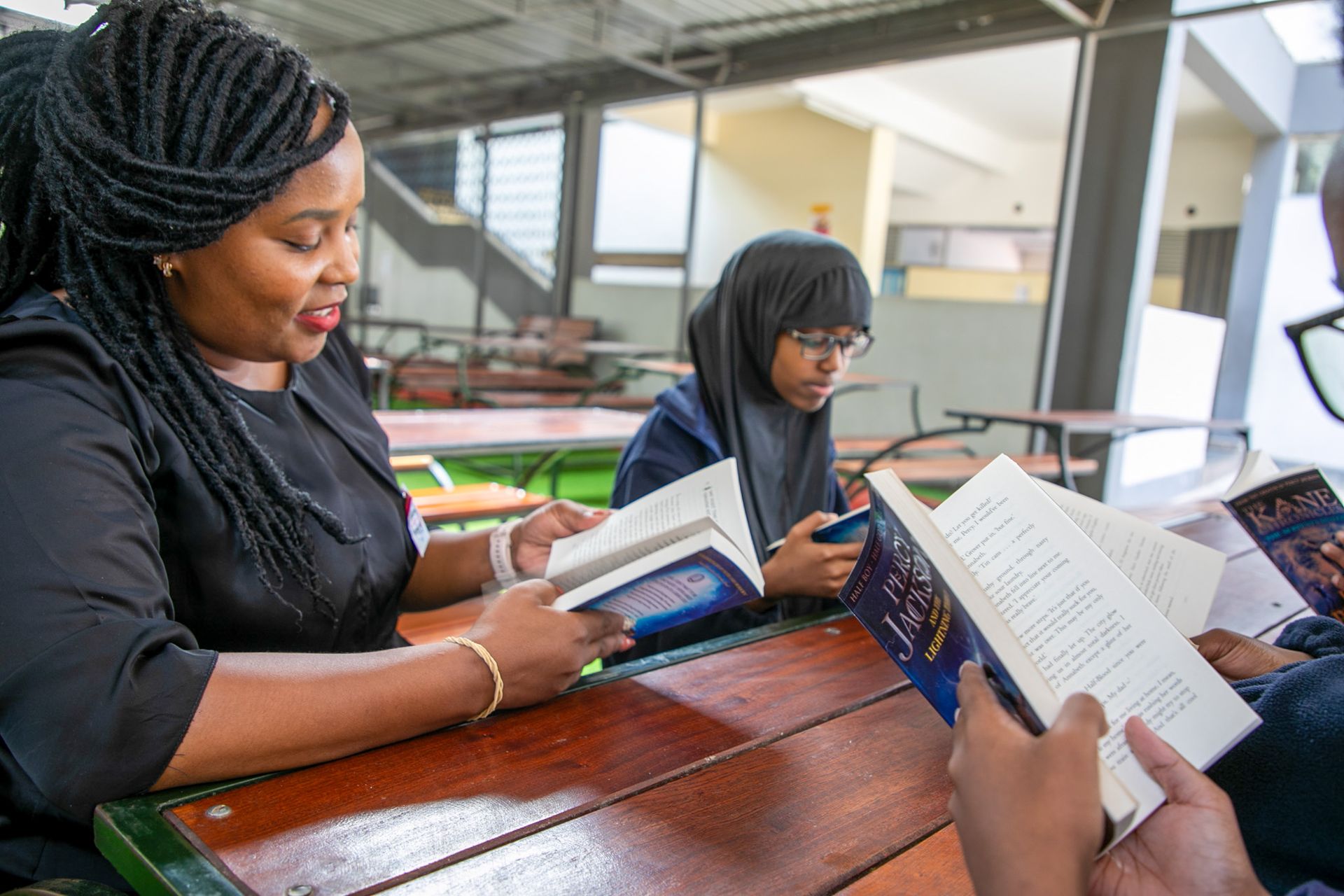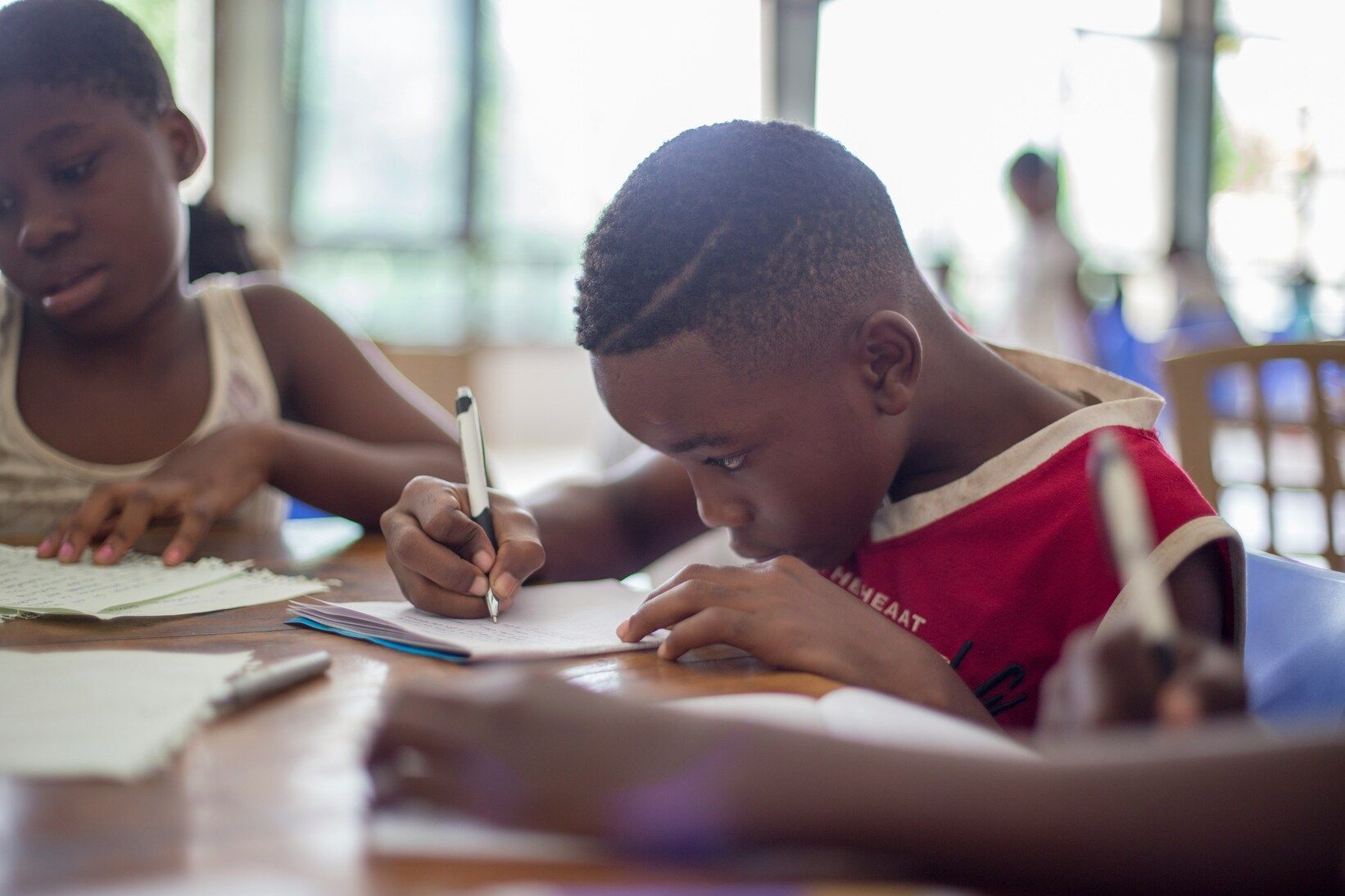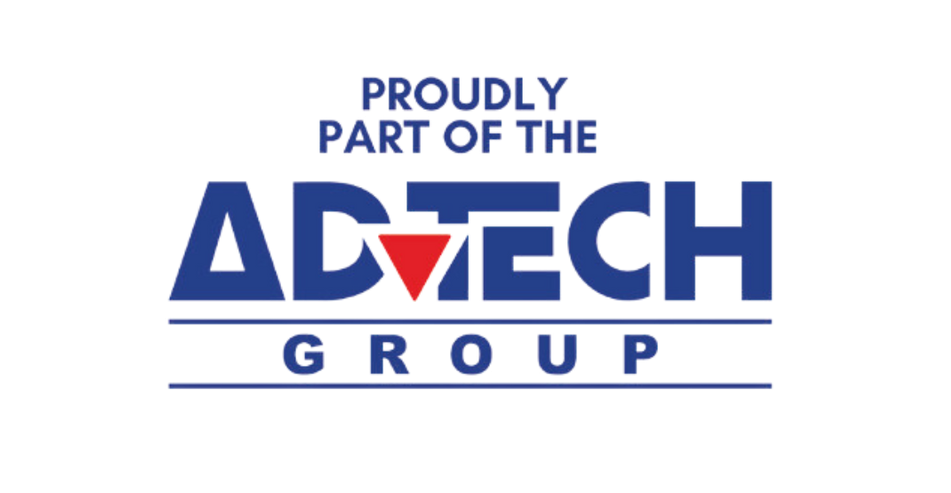How To Teach and Develop Problem-Solving Skills For Kids
The world is changing rapidly. As parents, one of the most valuable gifts we can offer our children is the ability to solve problems independently as well as creatively. When we teach problem-solving skills for kids, we’re ultimately helping our children lay the foundation for stronger academic performance, social adaptability, emotional resilience and confidence that will last a lifetime.
Why Problem-Solving Is Important for Children
Problem-solving plays a critical role in child development. It is much more than just about finding the right answer to a problem. It’s about fostering a mindset that embraces challenges and views mistakes as chances to grow.
Problem solving also:
- Builds resilience and independence. It equips children with the skills to handle setbacks with a growth mindset.
- Enhances academic and life skills. This includes math reasoning, communication and emotional regulation.
- Prepares children for real-world challenges. From playground conflicts to future career demands, problem-solving skill are for life.
Developmental Stages of Problem Solving
As children’s cognitive skills mature over time, it is highly important for your approach to be tailored to their stage of development.
- Preschoolers begin with basic decision-making and simple puzzles. They should be encouraged to explore and use language to explain what they’re doing and why.
- Primary school children can handle multi-step problems and benefit from visual aids as well as games that encourage collaboration.
- Secondary school children can take on more abstract thinking. This is a good time to introduce structured problem-based learning activities.
Strategies to Teach Problem Solving
To effectively teach problem-solving skills for kids, these are some of the proven techniques:
- Model problem-solving behaviour by thinking out loud when you are faced with a particular problem or challenge.
- Ask open-ended questions to encourage children to think. This includes questions like “What else could you try?” or “Why do you think that happened?”
- Encourage children to try different ways of solving problems. Trial and error is a great way to celebrating their efforts.
- Help children break their problems down into smaller, manageable parts. Then guide them to find their own solutions.
Activities and Games That Build Problem-Solving Skills
Hands-on learning is fun. To help develop critical thinking for children, try some of these activities:
- Puzzles and logic games boost reasoning and foster patience.
- Building sets such as LEGO, helps to develop creative thinking and spatial awareness.
- Role-playing helps children practice social problem-solving and builds empathy.
- Storytelling with challenges gives children the opportunity to explore different perspectives as well as possible outcomes.
Using Everyday Situations as Teaching Moments
There is no better way to learn than through real life, as it provides countless opportunities to nurture decision-making for kids:
- Let them resolve minor peer conflicts by suggesting solutions and expressing feelings.
- Get them involved in challenges at home. This could be something like finding a lost object or planning a meal.
- Offer simple choices to promote autonomy, such as deciding between two snacks or picking an activity for the family.
Common Mistakes and How to Avoid Them
Often, adults can hinder growth by intervening too quickly. Although coming from a good place, well-meaning adults should give children the space to try and learn for themselves.
- Allow children to experience mild frustration because ultimately, this builds endurance.
- Avoid striving for perfection. Mistakes are part of learning and will help children overcome challenges in the future.
- Create a safe space for exploration. When children feel comfortable, they become more curious and creative.
Partnering With Educators and Caregivers
When children receive consistent support from teachers and adults, it strengthens their learning. To assist:
- Share successful strategies between home and school.
- Keep communication open through regular updates and collaborative planning.
- Celebrate progress together to reinforce positive behaviour and motivation.
When you teach problem-solving skills for kids, you empower them with so many tools that they can use for life. By integrating these strategies, activities and mindsets into their daily routines, you help to support the development of critical thinking for children, creative thinking and stronger decision-making for kids. At Makini School, we start teaching problem-solving skills from a young age, because we believe that the earlier we begin, the better prepared our children will be to face the world. If you’d like to find out more about our school or to book a tour, please get in touch by visiting our contact form.

